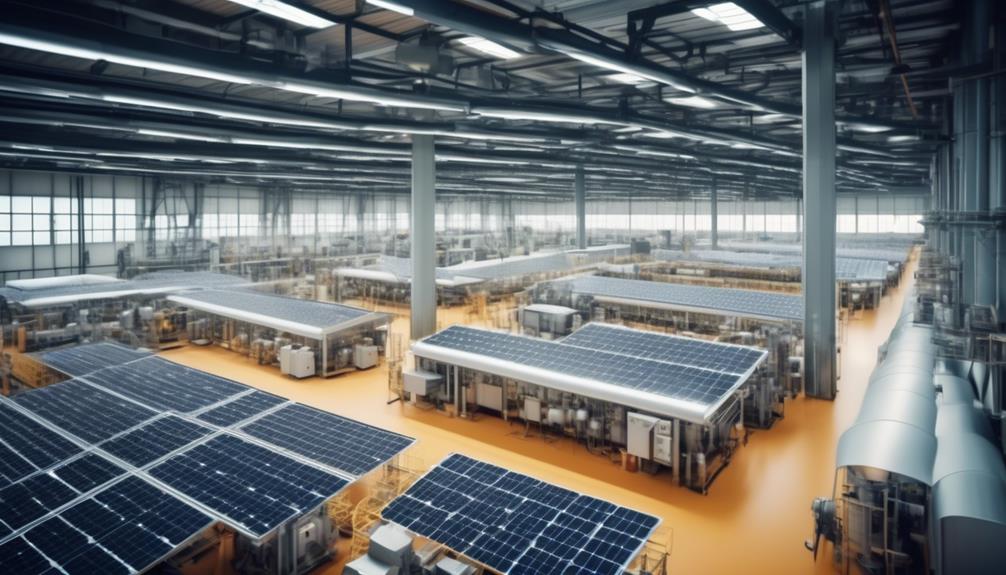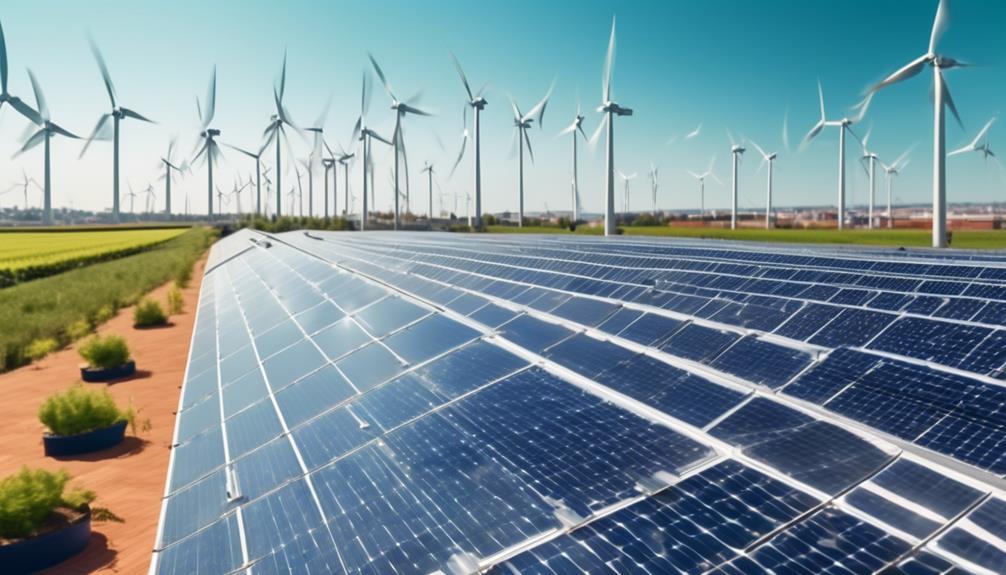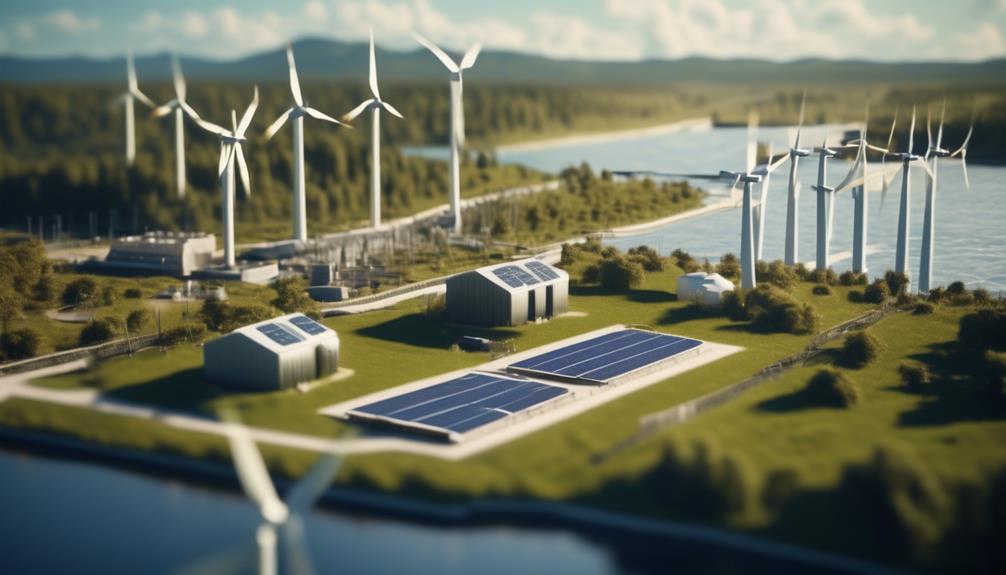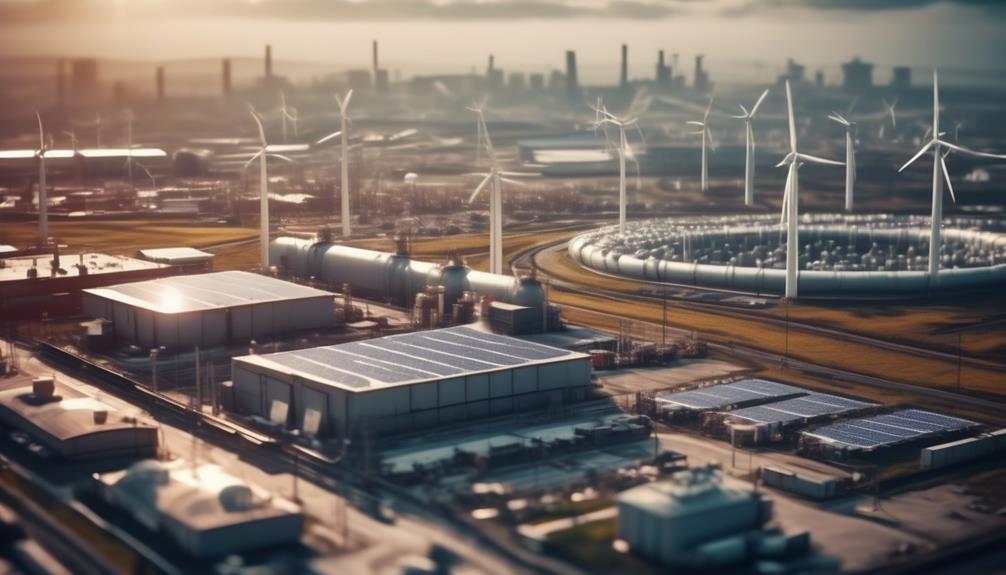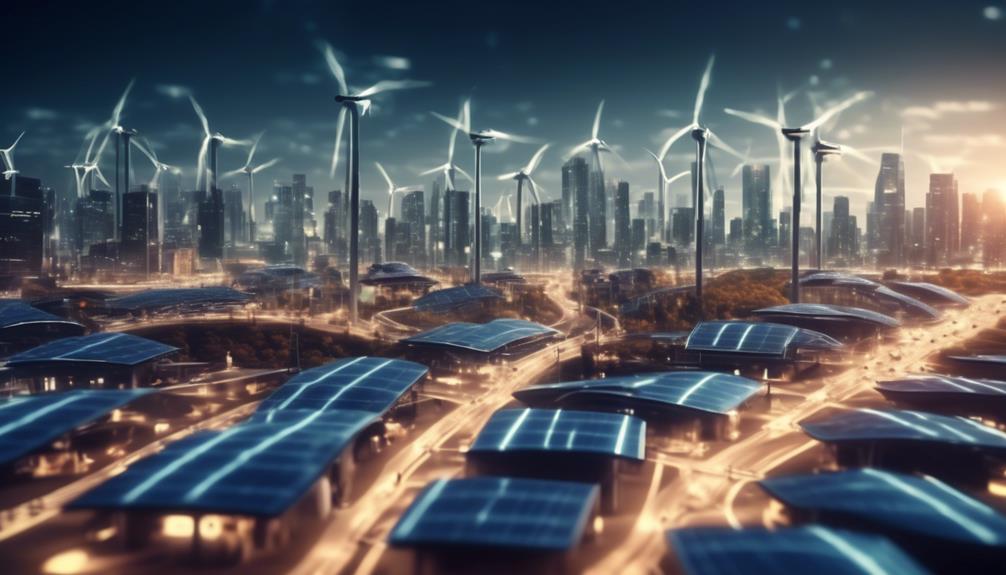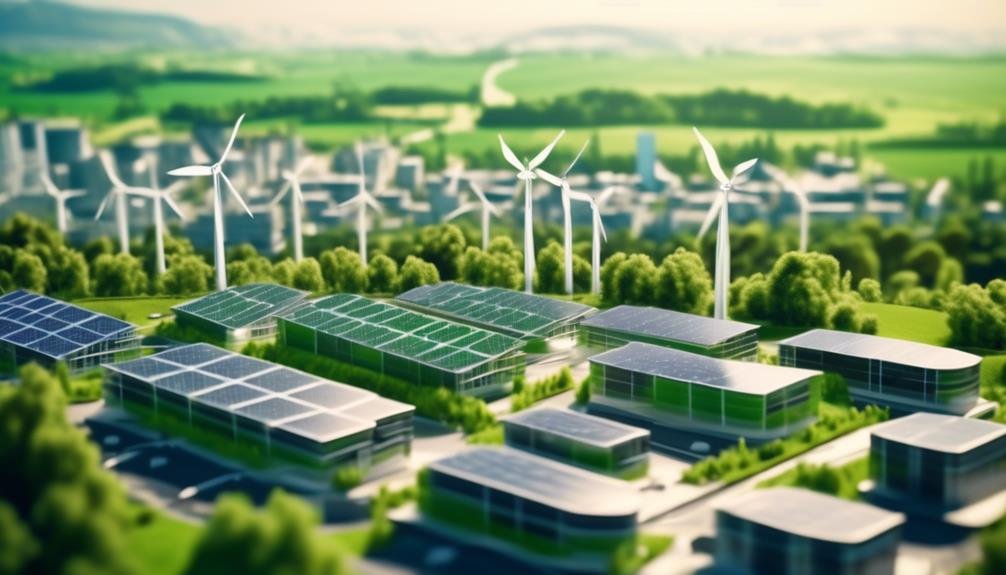Climate change is a global crisis that is already affecting industries in various ways. Some impacts are immediate, while others will manifest in the long term. In this blog post, we’ll explore the industries that are expected to be impacted the most in the short term and compare them to those that face more significant long-term challenges due to climate change.
Short-Term Impact Industries
- Agriculture and Food Production
Short-term impacts on agriculture are already being felt as changing weather patterns, more frequent extreme events, and disruptions to the supply chain affect crop yields and food prices. Droughts, floods, and wildfires can damage crops, leading to shortages and increased costs. The agriculture industry must adapt quickly to evolving climate conditions to ensure food security.
2. Tourism and Hospitality
Tourism-dependent regions are particularly vulnerable to short-term climate change impacts. Rising temperatures, sea-level rise, and extreme weather events can damage infrastructure and ecosystems, discouraging tourists and causing revenue loss. Additionally, the warming of oceans contributes to the bleaching of coral reefs, which threatens marine tourism destinations.
3. Insurance and Finance
Short-term climate change impacts, such as increased frequency and severity of natural disasters, can have a significant financial impact on insurance companies. They must pay out more claims, leading to rising premiums for customers. The financial sector also faces risks related to climate-induced market volatility, as investors are increasingly concerned about the financial implications of climate change.
4. Energy
The energy sector experiences short-term impacts due to the increased demand for cooling during heatwaves and the strain on power grids. Extreme weather events can disrupt energy production and distribution, leading to blackouts and supply disruptions. Energy companies must invest in resilience and adaptability to mitigate these risks.
Long-Term Impact Industries
- Real Estate and Infrastructure
While real estate and infrastructure may not see immediate impacts, long-term effects are significant. Rising sea levels and increased flood risk threaten property values and make some areas uninhabitable. The long-term challenge lies in ensuring that new developments are resilient to climate change and that existing infrastructure is retrofitted to withstand future challenges.
2. Healthcare
Long-term climate change impacts on public health are a growing concern. Increased temperatures contribute to heat-related illnesses, while the spread of vector-borne diseases like malaria and dengue fever expands into new regions. Healthcare systems must adapt to cope with the changing health landscape and invest in preventative measures.
3. Manufacturing
Industries that rely on consistent access to water, such as manufacturing, will face long-term challenges. Water scarcity and quality issues may disrupt production and increase operational costs. Manufacturers need to optimise water usage and invest in sustainable practices to ensure their long-term viability.
4. Transportation
Transportation industries are both short-term and long-term impacted by climate change. Short-term impacts include disruptions due to extreme weather events, while long-term challenges revolve around the need to reduce greenhouse gas emissions. To mitigate these challenges, the transportation sector is transitioning toward more sustainable practices, such as electric vehicles and efficient public transportation systems.
Conclusion
Climate change presents a complex set of challenges for industries, with both short-term and long-term impacts. While certain sectors, such as agriculture and tourism, are feeling the immediate consequences of a changing climate, others, like real estate and healthcare, are preparing for the long-term challenges.
Addressing climate change and mitigating its effects require a multi-faceted approach, involving government regulations, technological innovations, and corporate responsibility. Industries must adapt to the evolving climate landscape and implement sustainable practices to ensure their resilience in the face of both immediate and long-term climate challenges.

